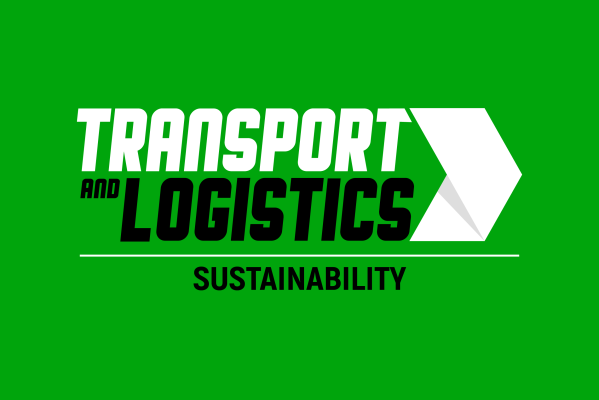A survey released by the ITF (International Transport Workers’ Federation) today highlights the need for continuing work on HIV/AIDS and wellbeing among seafarers.
The report A broader vision of seafarer wellbeing: survey of ITF maritime affiliates on HIV/AIDS, health and wellbeing questioned 34 trade unions and 608 seafarers.
The results may be surprising. Despite all the work that has gone into education about HIV/AIDS, many myths about its transmission remain – including in one labour supplying country where only 17 percent of respondents believed condoms are effective in preventing it, and 46 percent believe it can be spread in food and drink. Other major findings came in response to the questions about general wellbeing, with many of those quizzed reporting worries about weight, depression and alcohol use. On average half of them were worried about their weight, while almost 60 percent experience back/joint pain at work. In one labour supplying country 75 percent know workmates who are depressed.
The new report follows similar ITF surveys in the civil aviation and ports sectors, but for the first time includes questions on general health and wellbeing, so as to achieve a holistic overview of seafarers needs and concerns, and in order to ‘normalise’ HIV/AIDS as something within the broader health context, rather than a cause of stigma and fear.
ITF maritime coordinator Jacqueline Smith explained: “We believe this is the most exhaustive current investigation into this subject, and we offer its findings to everyone concerned with the welfare of seafarers.
“We carried out this research to identify the needs and concerns of seafarers, and to show us how we can best address them within the ITF’s longstanding and pioneering HIV/AIDS programme. The results speak for themselves, and we will – with the agreement of the ITF seafarers’ section, which sponsored this survey – plan a comprehensive programme of action accordingly.”












